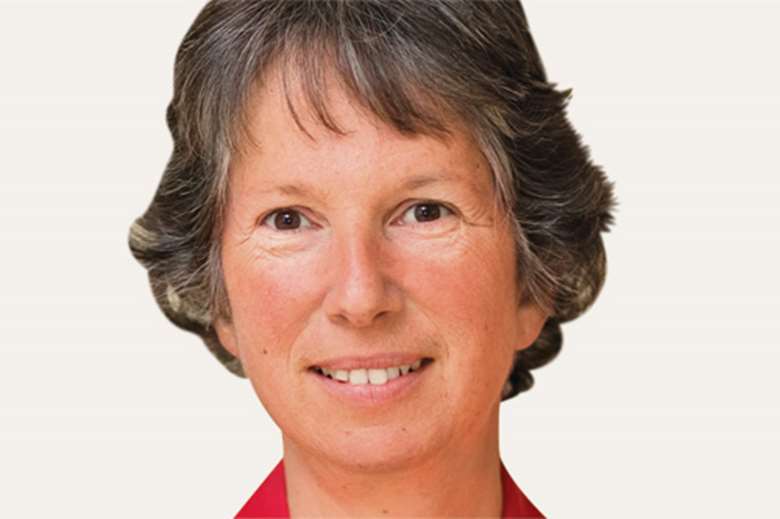Leadership: How to ensure deaf children's needs are met in difficult financial times
Susan Daniels
Friday, July 8, 2011
These are dark times for children's services, particularly in support for disabled children.

In May, we released some research showing that almost one in five local authorities in England has cut vital educational support for deaf children, despite the government's ringfencing of the education budget. Although the attainment gap for deaf children has closed slightly, 65 per cent of deaf children still fail to get five good grades at GCSE - and these cuts mean even less support to enable them to achieve.
It is important that we're clear how we will respond to challenges like this and we refuse to be anything but ambitious about the future for deaf children. So we have published our vision, aims and objectives in our new six-year strategy, Every Deaf Child, Every Day. We want the professionals, young people and families that we work with to know what the National Deaf Children's Society (NDCS) is seeking to achieve over these next six years, and how all of our members and stakeholders can be involved.
Our history can inspire us to strive for success, even in difficult circumstances: NDCS was founded during the toughest of times in 1944, by a handful of parents of deaf children who were determined to protect the future schooling of their children.
This aim continues today, particularly in light of government spending cuts. But our work has broadened to take on the challenge of breaking down many more barriers for deaf children, whether it is to increase awareness of deafness among their peers and the professionals they come into contact with, boost access to activities, or train deaf young people to have the confidence and skills to communicate their needs and ideas. We worked to secure the introduction of the NHS Newborn Hearing Screening Programme in 2003, and will work just as hard to secure more victories for deaf children and their families.
The strategy enables us to confirm new directions in which the charity has begun to move. The most important change for us is that we are now increasingly working directly with deaf children and young people, as well as continuing to support their parents and other family members.
Every Deaf Child, Every Day is built on our vision and values, and from these came our three aims for the next six years: empowering, increasing awareness, and influencing and challenging. This means we will be doing more work to support deaf young people and parents to stand up for their rights, and to feel confident enough to do so. Our training, publications and events will continue to raise awareness of childhood deafness and how to break down the barriers faced by deaf children. We will also be doing more work to lobby and influence decision makers to prioritise deaf children, such as our campaign to save services for deaf children.
We want to be clear about the impact that our work makes in breaking down these barriers to achievement and supporting deaf children. Despite significant progress in the past few decades, there is still a long road ahead to change attitudes towards, and support of, deaf children in our society.
HOW TO BREAK DOWN BARRIERS FOR DEAF CHILDREN
- Be deaf-aware You don't have to be an expert on childhood deafness to make things better for a deaf child in your care, in your class, club or area. Taking time to understand the child's needs, how best to communicate with them and support them is invaluable.
- Raise expectations Deafness is not a learning disability and with the right support, deaf children can achieve anything other children can.
- Consult parents, deaf children and young people, and the NDCS Our research, which revealed that almost one in five local authorities has cut support for deaf children, also found that despite being a legal requirement, 96 per cent of local authorities did not consult parents on the cuts. Deaf children and their parents are the experts on their needs and we are very concerned about the long-term implications of these decisions, which are not based on considered consultation.
- Value expertise Deafness is a complex disability, and specialists are essential to deaf children's success. We have been very alarmed to see cuts to teacher of the deaf posts across England, even though deaf children are already underachieving at school. We urge local authorities to protect these posts as their expertise cannot be replaced.
Susan Daniels, chief executive, National Deaf Children's Society




